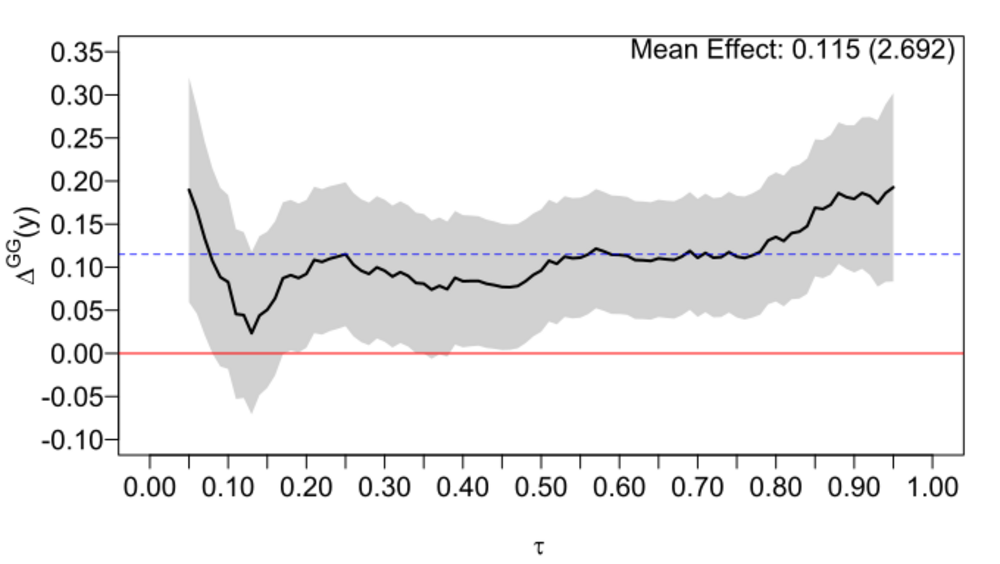In this project we look at the consequences of digitalisation on job skill requirements, worker sorting and the Gender Gap. We use newly available detailed vacancy-employment data, including job descriptions and offered wages. We use this information to
- explain changes in job requirements and entry wages in a digitalized world. We will provide a better understanding of how technological change affect job skill requirements and study in detail the impact on individuals’ starting wage, wage growth, and labor market careers.
- analyze effects of wage transparency -- comparing periods with and without compulsory wage offers -- on actual wage negotiations of males and females and their later wage developments. We therefore exploit a wage disclosure rule introduced in Austria, we explore how women sort into different firms and occupations and how wage transparency affects this process. Starting from the March 2011, firms have to specify the minimum amount paid for the position when posting a vacancy. We evaluate the impact of the Austrian disclosure law on the gender wage gap of individuals within a difference-in-differences (DiD) approach. Our data at hand allows us to construct a wide range of individual background and labor market characteristics, which is important to explain (observed) gender differences. Recent evidence reported in Blau and Kahn (2017), and Cortes and Pan (2019) implies that information about the wage structure and amenities affect one's own wage differently depending on the position in the wage distribution, so we also analyze potential distributional effects using recent theoretical advancements in econometrics and the identification of DiD parameters in quantile models (Callaway and Li, 2018).
- look at the impact of employer concentration on hiring behavior and wages. We characterize search strategies of firms operating in markets with different degrees of market concentration. In particular we investigate which type of worker fills an open vacancy, and how worker sorting and worker mobility are affected by employer concentration.
Project leader: Wolfgang Frimmel
Collaborators: Bernhard Schmidpeter, Rene Wiesinger, Rudolf Winter-Ebmer
Duration: 2020-2024
Financed by Jubiläumfsfond der ÖNB
Department of
Economics
Address
Johannes Kepler University Linz
Altenberger Straße 69
4040 Linz
Austria
Location
Keplergebäude, 2nd floor, Room K257C
Project Leadership
Wolfgang Frimmel
Phone
+43 732 2468 7770
wolfgang.frimmel@jku.at

 Go to JKU Homepage
Go to JKU Homepage



